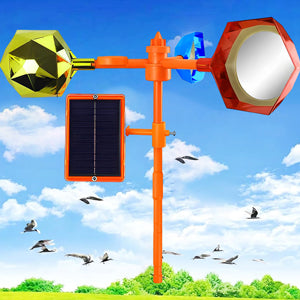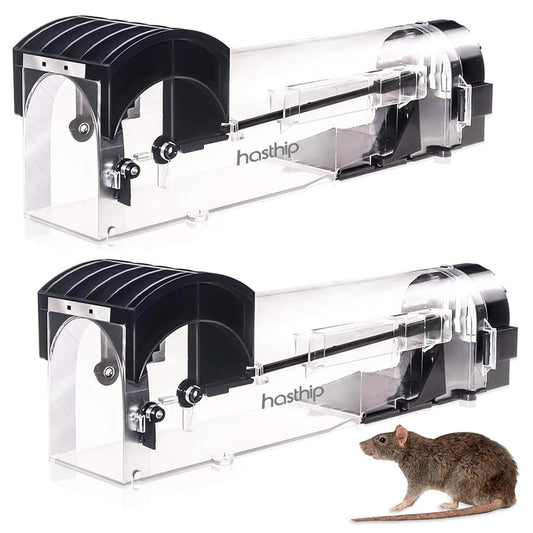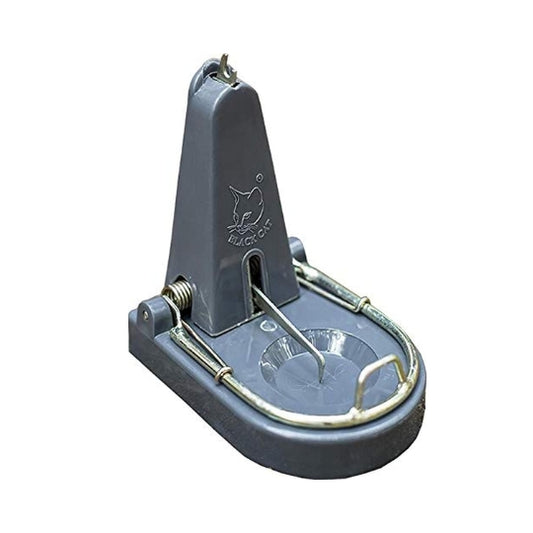Agritech can solve farm sector challenges: UNCDF-NITI Aayog Report.
Share
The UNCDF-NITI Aayog report has found that agritech can solve farm sector challenges. The report has recommended the use of agritech to improve the productivity of farmers and to reduce the cost of production.
Agritech is the use of technology in agriculture. It can be used to improve crop yields, reduce the use of pesticides and fertilizers, and improve the efficiency of water use. Agritech can also be used to improve the traceability of food products, which can help to ensure food safety.
The report found that agritech can be used to address a number of challenges facing the farm sector, including:
Low productivity: Agritech can be used to improve crop yields by providing farmers with access to better seeds, fertilizers, and irrigation systems.
High cost of production: Agritech can be used to reduce the cost of production by helping farmers to use resources more efficiently.
Climate change: Agritech can be used to help farmers adapt to climate change by providing them with drought-resistant crops and other climate-resilient technologies.
The report also found that agritech can help to improve the livelihoods of farmers by providing them with access to new markets and by helping them to increase their incomes.
The UNCDF-NITI Aayog report is a valuable resource for policymakers and stakeholders who are interested in using agritech to solve the challenges facing the farm sector. The report provides a comprehensive overview of the agritech landscape and identifies a number of opportunities for using agritech to improve the productivity, profitability, and sustainability of agriculture.
Here are some specific examples of how agritech is being used to solve farm sector challenges:
Precision agriculture: Precision agriculture uses sensors and other technologies to collect data on crops and soil conditions. This data can be used to make informed decisions about crop management, such as when to plant, when to irrigate, and when to apply pesticides. Precision agriculture can help to improve crop yields and reduce the use of pesticides and fertilizers.
Climate-smart agriculture: Climate-smart agriculture is a type of agriculture that is designed to adapt to climate change. Climate-smart agriculture practices include using drought-resistant crops, planting cover crops, and using water-efficient irrigation methods. Climate-smart agriculture can help farmers to reduce the impact of climate change on their livelihoods.
Traceability: Traceability is the ability to track the movement of food products from the farm to the consumer. Traceability can help to ensure food safety by identifying the source of contaminated food products. Agritech can be used to improve traceability by providing farmers with the ability to track their crops and livestock throughout the supply chain.
The use of agritech is still in its early stages, but it has the potential to revolutionize agriculture. Agritech can help to improve the productivity, profitability, and sustainability of agriculture. It can also help to improve the livelihoods of farmers and ensure food security.














